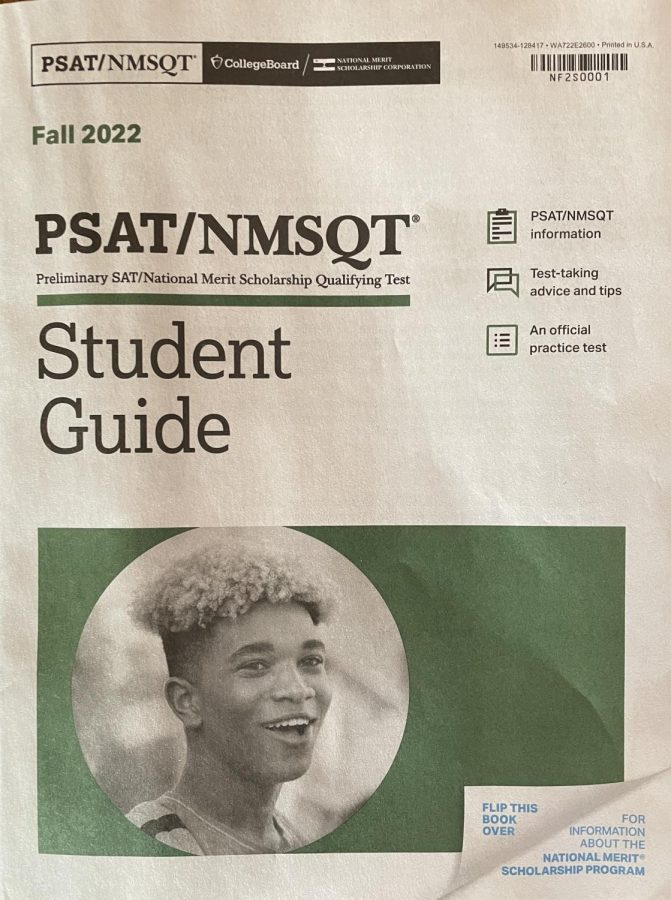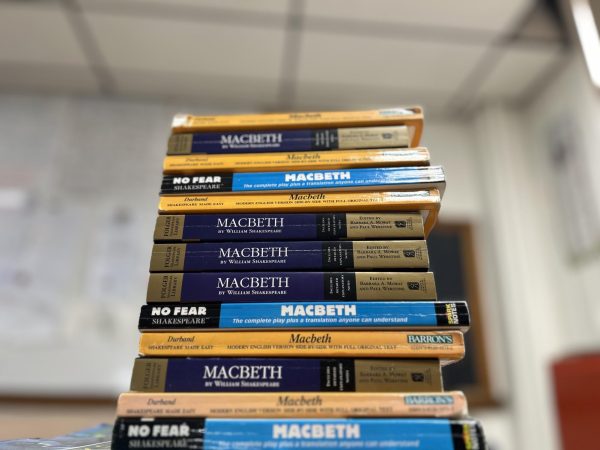Why PSAT Scholarships Aren’t Actually Working
In recent years, many schools and universities across the nation have begun to abandon the practice of standardized testing. However, the Preliminary SAT (PSAT), still holds one of the largest and most prestigious scholarships in the nation.
On Oct. 12 most of Hellgate’s sophomores and juniors will gather in the upper gym for 3 hours to take the PSAT. The PSAT is a precursor to the SAT, however what the test is mostly known for is the National Merit Scholarships. These scholarships are extremely hard to get. According to Spark Admissions, students usually have to be in the top 1% of their states scores to receive the $2500. Substantial scholarships such as the one given out by the PSAT can be a big factor for students who are in need of support financially after high school, however the students who need the scholarships most, aren’t receiving them.
College tutors commonly cost upwards of $100 an hour. The benefit that a private tutor gives to students is so far disproportionate to a student who cannot afford expensive tutoring, that the College Boards standardized tests have begun to lose their meaning completely.
Many factors contribute to a standardized score, access to tutors, stable food, enough sleep, all of which are attributes of a privileged household and don’t realistically reflect intelligence.
According to a study done by Inside Higher Ed, the students receiving the lowest SAT scores are students from households where the annual incoming is $20,000 or less. Low income households don’t have the same access to high end tutors and the test scores reflect that. The cost of the test itself is also a limiting factor for many. According to the College Board, the PSAT costs $20 each time you take it, and the SAT can cost up to $100.
The argument in favor of standardized testing often lies in the fact that it is a way to easily collect data. It ensures that all students are being evaluated on a level playing field and that they are receiving information from their teachers. However, education is not a level playing field. To assume that all students will be evaluated the same way on a standardized test is to assume that all students come from the same background and have access to the same resources, which is simply not true.
Other methods of evaluating students’ qualifications should be considered in replacement of the PSAT to determine whether students deserve a scholarship. While standardized tests begin to move out of the normal practices of education, the scholarships attached to them need to be re-evaluated with them. Over and over, studies have shown that wealthier students do better on standardized tests. The National Merit Scholarship being associated with a PSAT is limiting for students who don’t have the same access to resources that many upper-class students do.

Hi, I'm Ila! I'm a Senior at Hellgate. This is my second year writing for the Lance and my first year as an Editor. I like skiing, music, hanging out with...





